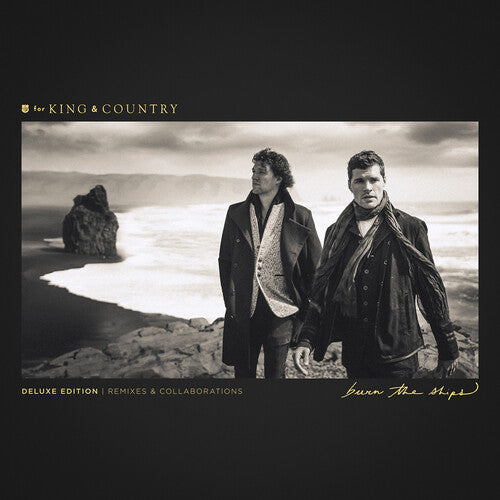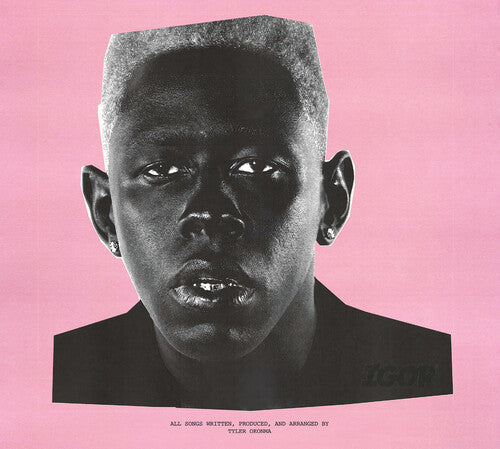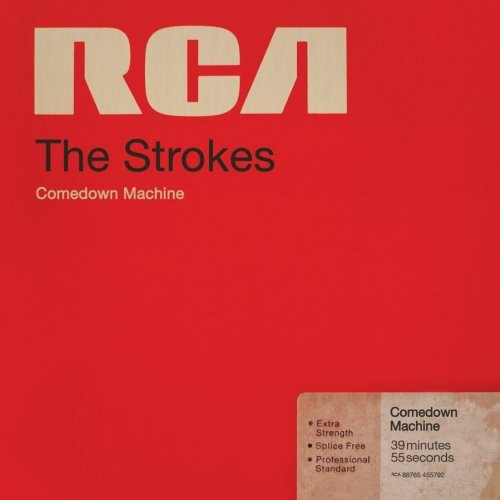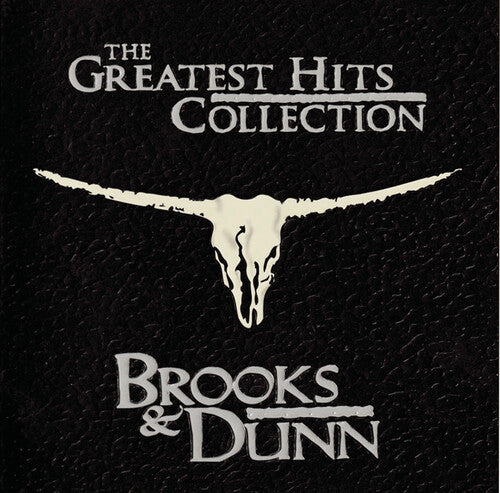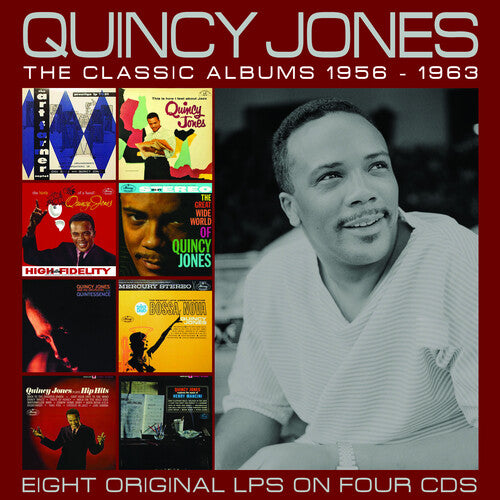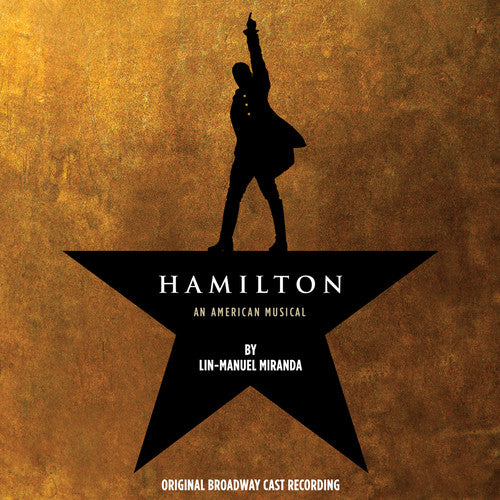A. Vivaldi - 4 Seasons (CD)
$3.99
$4.98
Sarah Jarosz - World On The Ground (CD)
$12.99
$14.98
Art of Time Ensemble - SGT Pepper (CD)
$11.99
$22.99
Gonzales - Solo Piano II (CD)
$11.99
$14.98
Various Artists - Where Peace & Love & Hope Abid (CD)
$16.99
$21.99
Jacques Loussier Trio - Plays Bach (CD)
$10.99
$11.98
Sarah Brady - Levering: OceanRiverLake (CD)
$12.99
$16.99
Rhian Lois - Stanford: Te Deum & Elegiac Ode (CD)
$15.99
$20.99
Canadian Brass - Perfect Landing (CD)
$11.99
$15.98
Herbert von Karajan - Vivaldi: The Four Seasons (CD)
$16.99
$19.99
The Pleyel Ensemble - Pifield: String Chamber Music (CD)
$13.99
$17.99
Kiri Te Kanawa - Waiata (CD)
$13.99
$17.99
Russian Songs (CD)
$14.99
$19.99
Scriabin: Vers La Flamme (SHM-CD) (CD)
$14.99
$17.99
Soko Steidle - Live in Berlin (CD)
$14.99
$18.99
Bruckner: Symphony 5 (CD)
$22.99
$27.99
Irène Schweizer - Celebration (CD)
$14.99
$19.98
Narciso Yepes - Recuerdos de la Alhambra (CD)
$19.99
$29.99
David Kaplan - New Dances of the League of David (CD)
$12.99
$16.99
New York Profiles / Symphony No. 3 (CD)
$7.99
$9.99
Yves Montand - Live in Paris (CD)
$15.99
$20.99
Joshua Bell - Romantic Violin (CD)
$14.99
$16.98
Bruno Maderna - Quadrivium (CD)
$10.99
$13.99
Paul Paray - Paul Paray Mercury Masters Vol 2 (CD)
$98.99
$114.99
Mozart: Complete Piano Sonatas 1-18 / Fantasias (CD)
$16.99
$22.98
Wooden Prince / Le Poeme de L'extase (CD)
$18.99
$24.99
Bruckner: Symphony 4 (CD)
$14.99
$17.99
St Olaf Choir - What Child Is This (CD)
$8.99
$10.99
Does Spring Hide Its Joy (CD)
$13.99
$18.98
Mozart - Requiem Mass in D minor K. 626 (CD)
$8.99
$9.98
Haas: Oboe & Piano (CD)
$14.99
$19.99
Terry Riley - In C (CD)
$11.99
$13.99
Aaron Rosand - Plays Sibelius/Khachaturian (CD)
$7.99
$9.98







